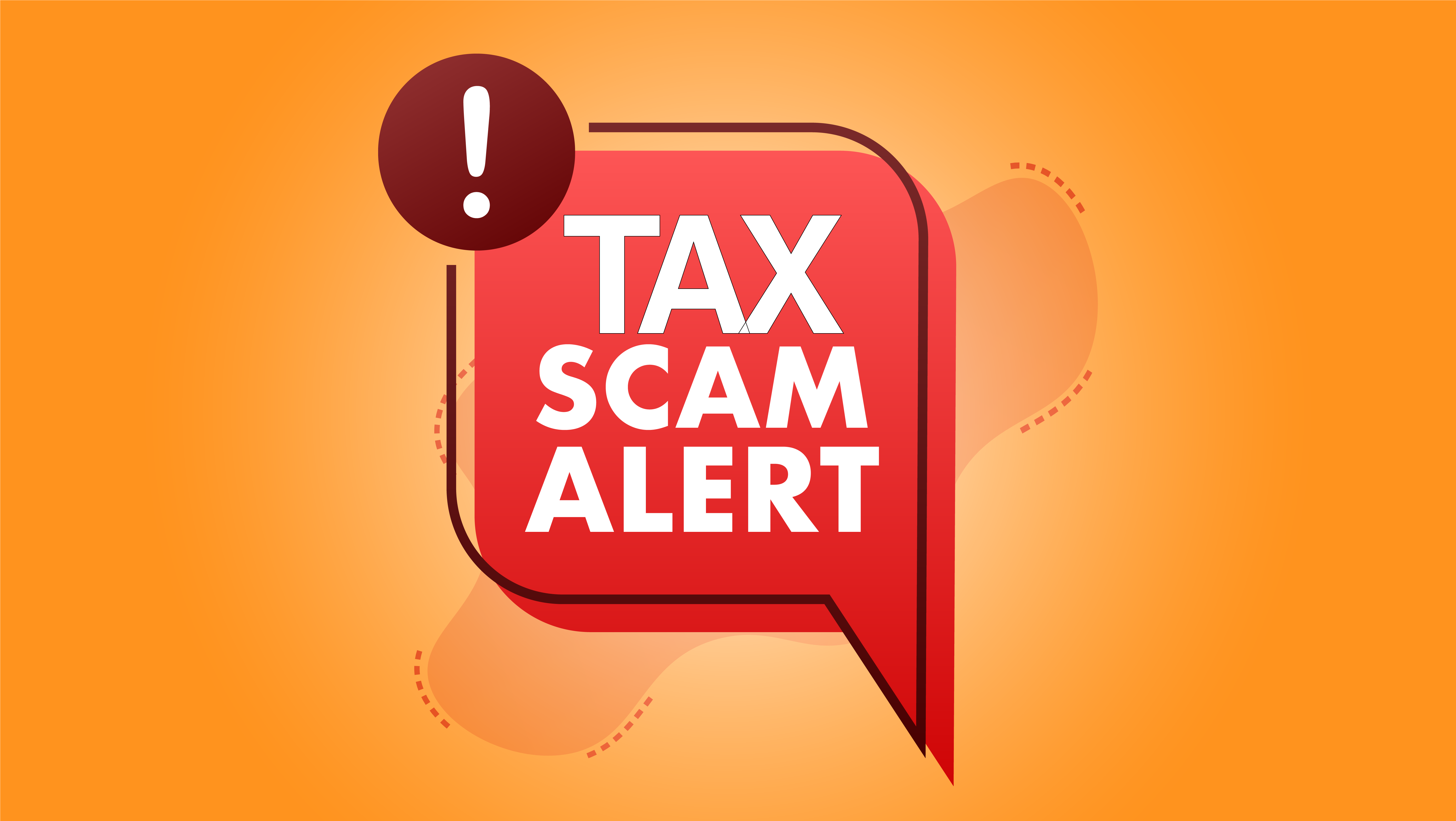On March 20th, 2023, the Internal Revenue Service (IRS) opened its annual list of tax scams with a warning about fake Employee Retention Credit (ERC) schemes. The agency’s annual list, named the “Dirty Dozen,” includes 12 common fraudulent tax schemes taxpayers may encounter that year. Generally, these schemes peak during the filing season. The IRS publishes the Dirty Dozen list to protect taxpayers and employers from falling prey to such tax scams and potentially owing significant sums to the government. In December 2022, the IRS also shared five ways businesses can prevent cyberattacks during the tax season.
About Employee Retention Credit Tax Scams
While several eligible employers have properly claimed and received the ERC, some third parties continue to con ineligible employers into claiming a credit. These tax scams advertise services on the internet and the radio, touting refunds involving ERCs. However, these promotions are based on inaccurate information about eligibility for and computation of the credit. They make broad suggestions about eligibility without examining an employer’s individual circumstances. Unfortunately, these tax scams may often seem legitimate, as the websites are prevalent and advertise an easy way to qualify for the ERC. However, these third-party tax scams usually charge large upfront fees or a fee contingent on a promised refund. In addition, the scams may involve the following:
- not informing taxpayers that wage deductions claimed on the business’s federal income tax return must be reduced by the amount of the credit;
- failing to explain crucial limitations to eligibility for the ERC refund; or
- collecting personally identifiable information in exchange for blatantly false promises instead conducting identity theft.
Ultimately, the taxpayer is responsible for the accuracy of the information contained in their tax return. An improper ERC claim could result in a requirement to repay the credit, as well as penalties and interest.
How to Properly Claim the ERC
When eligible employers file a proper ERC claim, they can receive a refundable tax credit for having continued to pay employees white shut down during COVID-19. They may also receive the credit if they had a significant decline in gross receipts during the eligibility periods. Only recovery startup businesses may receive an ERC refund for the fourth quarter of 2021. Meanwhile, for any quarter, employers may not claim the credit for wages reported as payroll costs in obtaining PPP loan forgiveness or other tax credits. Otherwise, eligible employers must have:
- sustained a full or partial suspension of operations because of government orders limiting commerce, travel, or group meetings during the COVID-19 pandemic in 2020 or the first three quarters of 2021;
- had a significant decline in gross receipts in 2020 or the first three quarters of 2021; or
- qualified as a recovery startup during the third or fourth quarters of 2021.
Eligible employers may claim an ERC on an original or amended employment tax return for qualified wages paid between March 13th, 2020, and December 31st, 2021.
Reporting Tax Scams to the IRS
Employers can report all tax fraud and IRS phishing attempts to the IRS at phishing@irs.gov or the Treasury Inspector General for Tax Administration. Individuals may also report tax scams by mailing or faxing a completed Form 14242, Report Suspected Abusive Tax Promotions or Preparers, along with supporting materials to the IRS Lead Development Center in the Office of Promoter Investigations. Alternatively, taxpayers and tax practitioners may receive a possible monetary reward if they send the information to the IRS’s Whistleblower Office. Finally, to prevent data breaches that can compromise a business’s sensitive tax or identity information, employers should follow some key tips on protecting against cybersecurity threats.

